The longer I work as a speech-language pathologist, the more I appreciate working with occupational therapists. I checked in with my friend Jill Loftus at Honest OT in Denver, Colorado, to find out How Sensory Processing Impacts Speech Development.
It’s important to realize that the vestibular and auditory systems work together as they process sensations of movement and sound. These sensations are closely intertwined because they both begin to be processed in the receptors of the ear.
Audition, or hearing, is the ability to receive sounds. We are born with this basic skill. However, the ability to hear does not guarantee that we understand sounds. We learn about comprehension as we integrate vestibular sensation. Gradually, as we interact purposefully with our environment, we learn to interpret what we hear and to develop mature auditory processing skills.
Language is understanding what words mean and how we use them to communicate. On the other hand, Receptive language is a language that we take in by listening and reading. Expressive language is what we put out by speaking or writing. Language and speech are closely related, but they are not the same. Speech is the physical production of sound. Speech skills depend on smoothly functioning muscles in the throat tongue, lips, and jaw.
The vestibular system impacts motor control and motor planning that are necessary to produce intelligible speech. However, because the vestibular system is crucial for effective auditory processing, the child with vestibular dysfunction frequently develops problems with language and speech development.
How do these speech development problems play out?
Here are some common characteristics of children with poor auditory-language processing:
- They seem unaware of the source of sound and may look all around to locate where the sounds come from.
- May have trouble identifying voices or discriminating between sounds, such as the difference between “bear” and “bore.”
- Are unable to pay attention to one voice or sound without being distracted by other sounds.
- Can be distressed by noises that are loud, sudden, metallic, or high-pitched, or by sounds that don’t bother others.
- Have trouble attending to, understanding, or remembering what she reads or hears.
- May misinterpret requests, frequently ask for repetition, and be able to follow only one or two instructions in sequence.
- Will look to others before responding.
- Have trouble putting thoughts into spoken or written words.
- May talk “off-topic,” e.g. talk about his/her new shirt when others are discussing a soccer game.
- Might have trouble “closing circles of communication,” i.e. responding to others’ questions and comments.
- Be unable to correct or revise what he has said to be understood.
- Has a weak vocabulary and uses immature sentence structure (poor grammar and syntax).
- May have difficulty with reading (dyslexia), especially out loud.
- Can have trouble making up rhymes and singing in tune.
- Might have difficulty speaking and articulating clearly.
- May improve her speaking ability after she experiences intense movement.
Physical Activities Promote the Ability to Speak
A child with vestibular problems benefits greatly from occupational therapy that simultaneously addresses both types of dysfunction. Speech and language therapists report that just putting the child in a swing during treatment can have remarkable results in their speech development. Occupational therapists have found that when they treat a child for vestibular dysfunction, speech-and-language skills can improve along with balance, movement, and motor planning skills.
Jill Loftus, MS, OTR/L is a practicing pediatric occupational therapist and parenting coach focused on enabling and empowering children and families. Her 15-year career working in schools, homes, clinics and the community has spurred her passion for providing child development education in a meaningful and creative way. She provides a variety of services, blogs, and a weekly 5 tips newsletter that you can learn more about by visiting honestot.com or follow us on www.facebook.com/HonestOT/

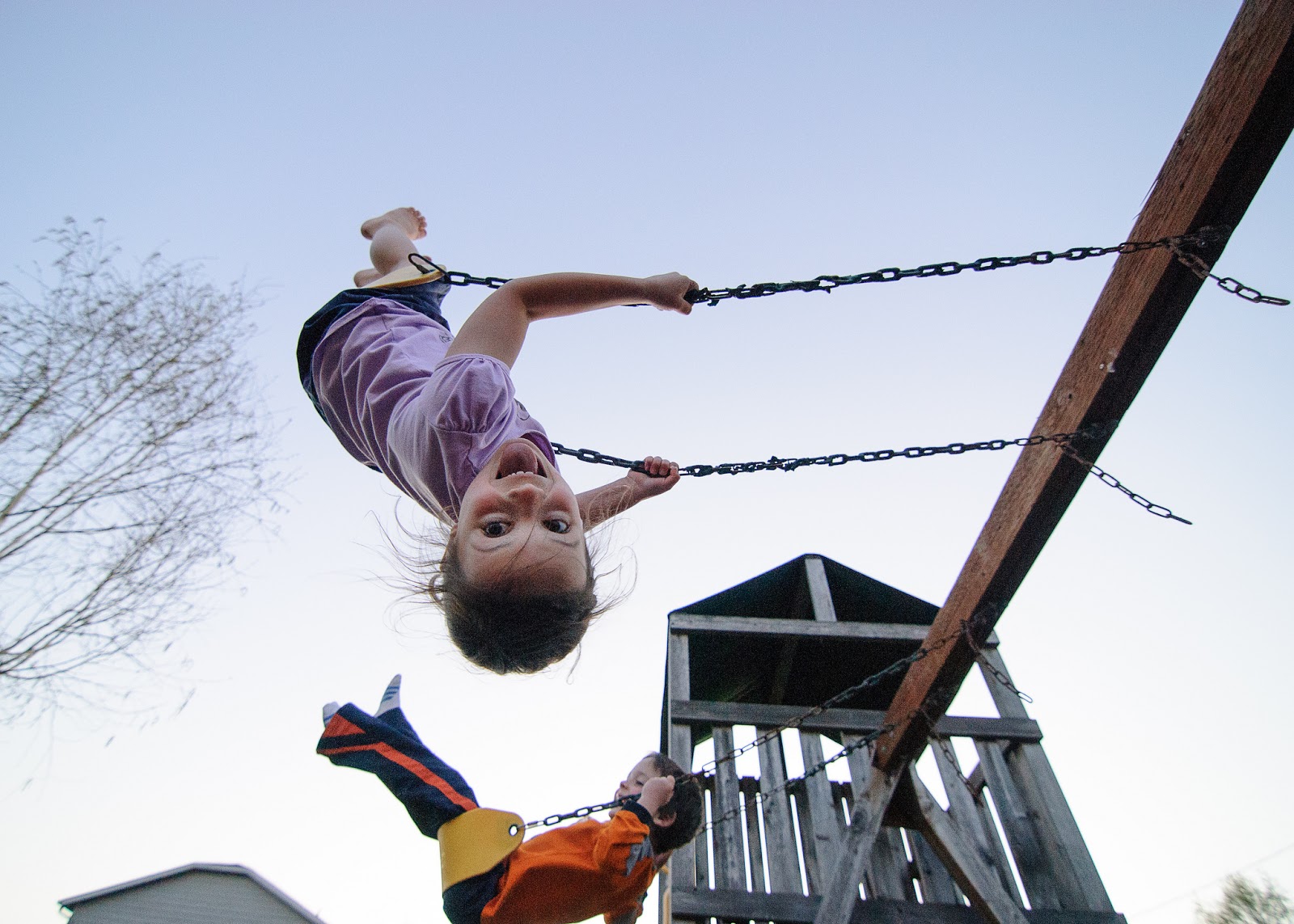
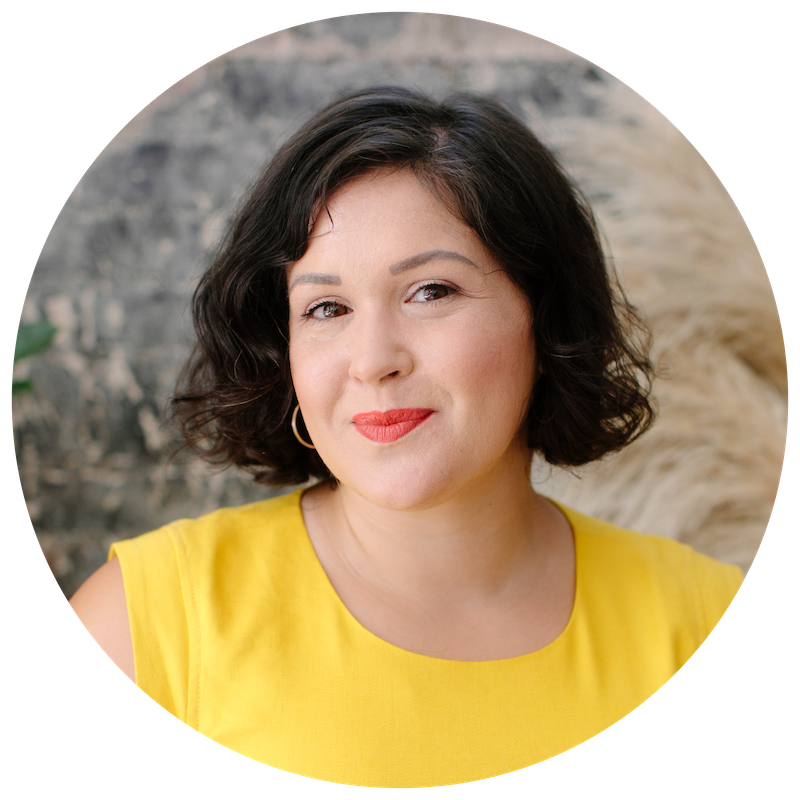
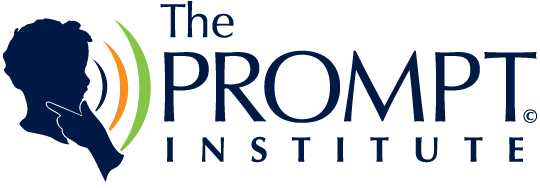
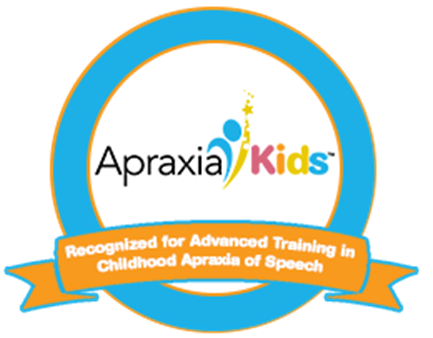

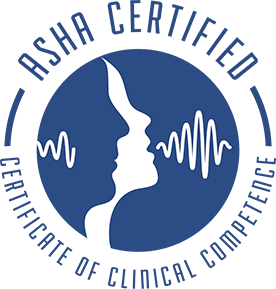
0 Comments